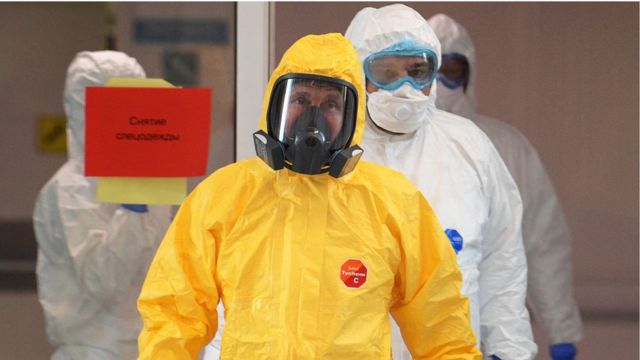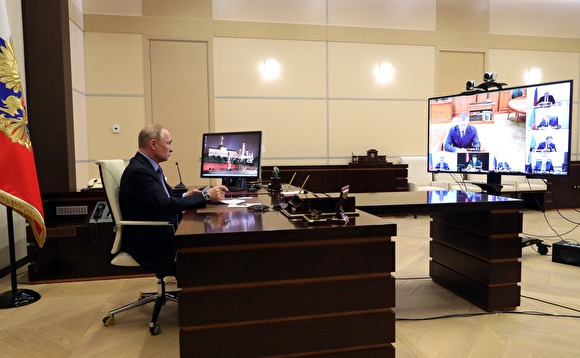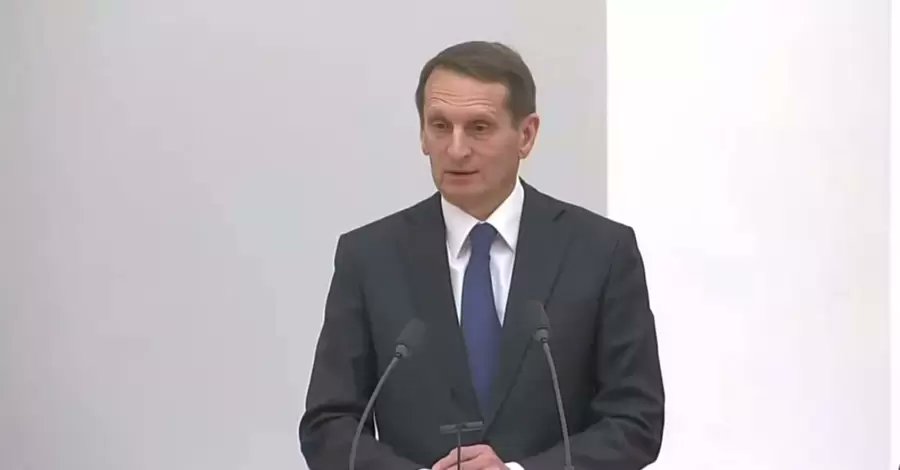Are Putin's decisions collective or personal? It depends. To my best knowledge annexation of Crimea in 2014 was a collective decision. And about 50% of them were supposed "liberals"
But, I wanna stress, since 2020 Putin's been isolated. He panicked and locked himself in a bunker
But, I wanna stress, since 2020 Putin's been isolated. He panicked and locked himself in a bunker

He largely governed a country through telecom, kinda zoom. No one could get in without a quarantine. So most of his old St Petersburg pals or his staffers simply wouldn't come. Thus their influence over him declined. And let's be honest - his grip over them, too 

The only big Kremlin boss who locked himself in a bunker with Putin was Alexey Gromov. He wasn't Putin's old friend, he's from the previous Yeltsin's administration. And yet, now he has become the closest one, controlling the access to the body. And the info Putin is getting 

Perhaps some of the strange we've seen with the public humiliation of Narushkin are not even acting. While sitting isolated for such long, Putin got detached from them and now needs to establish his grip again. A small victorious war would be great in this regard 

And he will achieve this goal provided that the war is really small and successful, securing the victory with few military casualties or economic consequences for the regime. If Putin gets away with it, his position within the ruling circle becomes much stronger. End of 🧵 

• • •
Missing some Tweet in this thread? You can try to
force a refresh





